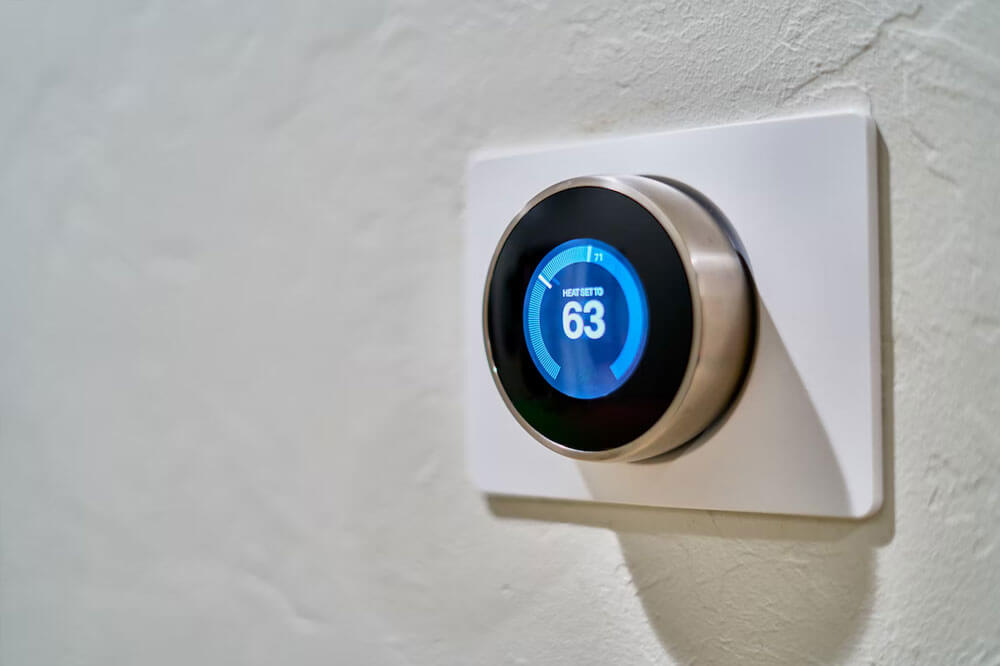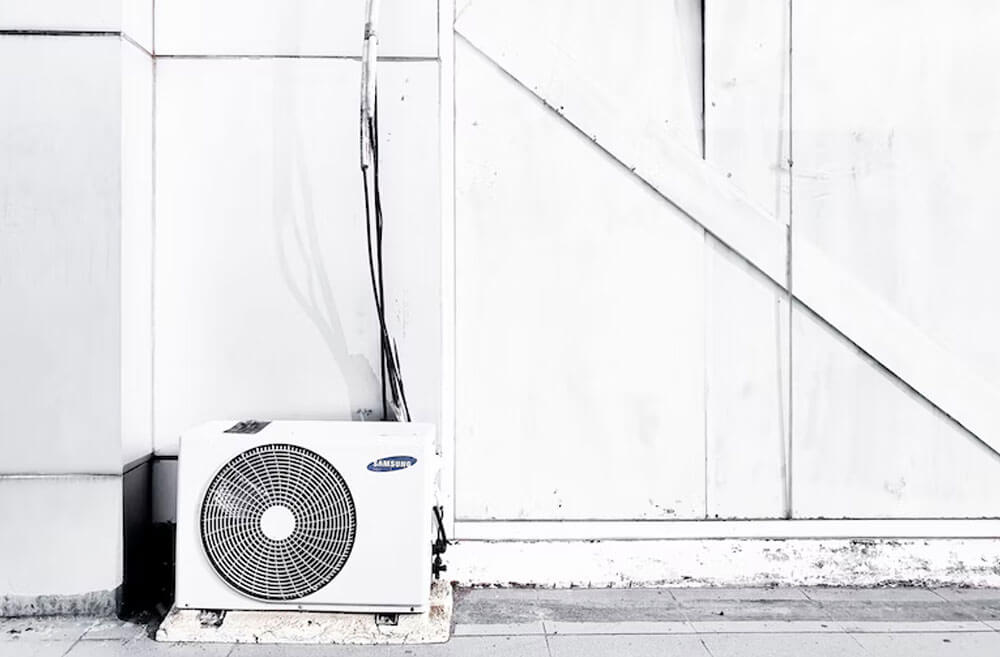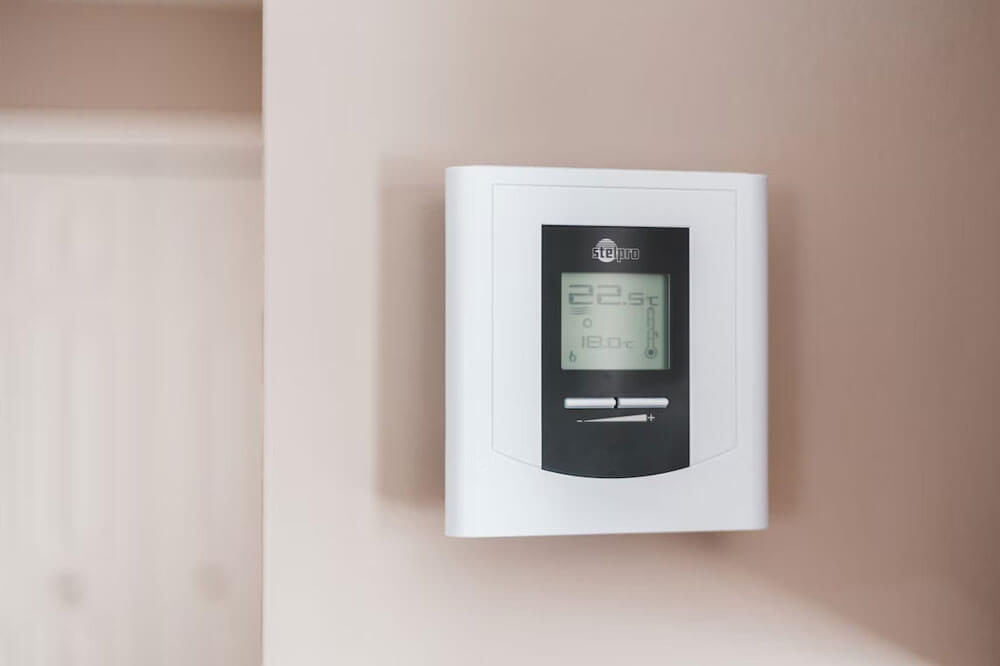Sometimes air conditioners freeze—find out what to do when this happens.
Air conditioning units give us the cool air we love in our homes, but they are still machines—and any machine can break down. One fairly common problem with air conditioners is that they can sometimes freeze. This may disrupt use or lead to a puddle of water. In this article, we will discuss this issue and what you can do to help.
Managing a Frozen Air Conditioning Unit
Your air conditioner is freezing—what can you do? Depending on the cause of this problem, you might need a quick trick, or you might need to call in the experts. Let’s explore the causes of this problem and how you can fix it today and for the foreseeable future.
Why Do Air Conditioners Freeze?
Every air conditioner unit has its own quirks, but there are some A/C problems that seem to transcend models. Most air conditioners can freeze—but what makes this happen?
There are actually quite a few issues that can arise with an air conditioner that may result in freezing. The problems are generally linked to the airflow in the system or the refrigerant in the system.
When there is poor airflow, ice can naturally build up. For this reason, it is important to make sure your unit is set up correctly and that your filter is cleaned on a regular basis.
Refrigerant is responsible for keeping your system running correctly, but when levels are low, or something is wrong, the system will not work correctly. Find the right balance in your system with refrigerant.
How to Unfreeze Your Air Conditioner
Seeing a frozen or leaking air conditioning unit can come as quite a shock, but fixing it initially really isn’t that hard. To begin, turn off the unit, so it is no longer producing cold air. Once this is done, you can allow the system to dry naturally or turn on the fan to help the system thaw out before you use it again.
Getting the Support You Need
Although you should be able to dry your unit up on your own, the fact remains that there is a reason the system is freezing. To figure out the cause of the problem and ensure it doesn’t happen again, it helps to work with professionals. Local HVAC experts can help you get your A/C unit up and running, even if it has a long history of freezing up on you.
Get the Support You Need
A frozen air conditioning unit is a unit that is calling out for help. If you have this problem and notice it keeps on happening, you need to explore Denver air conditioning services. We help you to assess the situation and offer simple fixes so your A/C unit can run like it is brand new!





